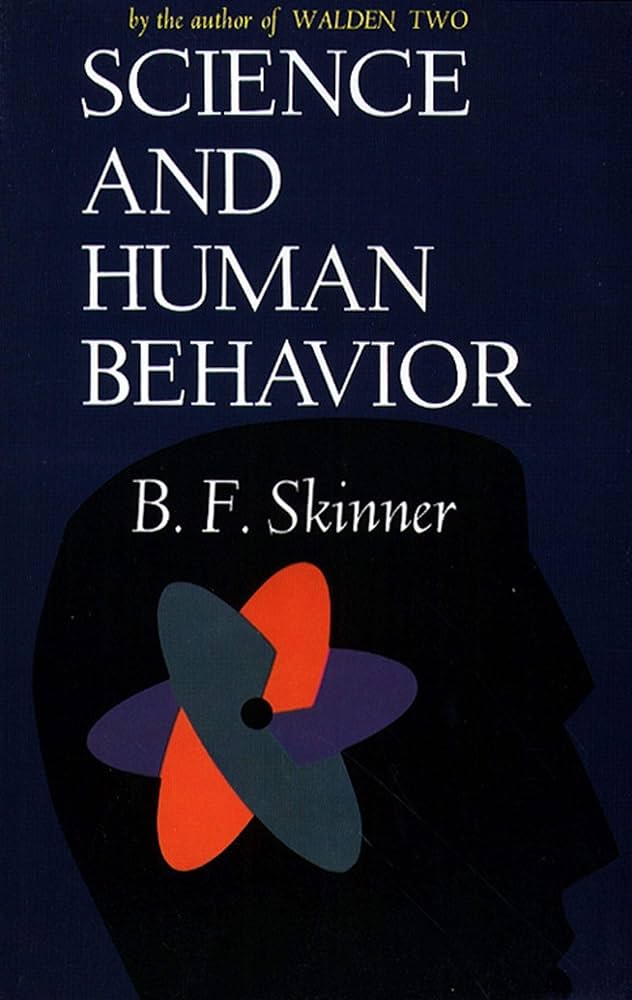

Science and Human Behavior
BF Skinner
Skinner explains what science is and it can help understand human behavior. Skinner then extrapolates this approach to other critical areas of human psychology and sociology, including: self-control, emotions, government, religion, culture, and much more.
From his books that I have read, Skinner’s “Science and Human Behavior” is the earliest nonfiction writing and, consequently, contains several immature theories and ideas which either stay unexplored dead-ends or are developed further in later works. For this reason, “Science and Human Behavior” is Skinner’s most interesting work. A lot of contemporary ideas come from appropriations of older concepts like, for example, motivating operations owes its conceptual origins to the psychological phenomenon of “drive (ch.9)," “Functional analysis” spawned out of a debate against traits and aspect (ch.13), and Freud’s “symbol” later as discriminative stimuli (ch.8). Something which becomes clear in this book is that Freud had an early influence on Skinner’s work, with an entire chapter dedicated to Freud’s concept of the “self (ch.18).” This is worth reading just for some odd concepts which are rarely brought up again, if at all. For example, religion is a “superstitious” behavior, meaning accidental contingencies control specific behaviors (ch.23), “nuisance value” is the cost of a behavior for not engaging in it (ch.25), and how culture is “an experiment in behavior provided by competition between groups under the conditions characteristic of a particular epoch (ch.28)."